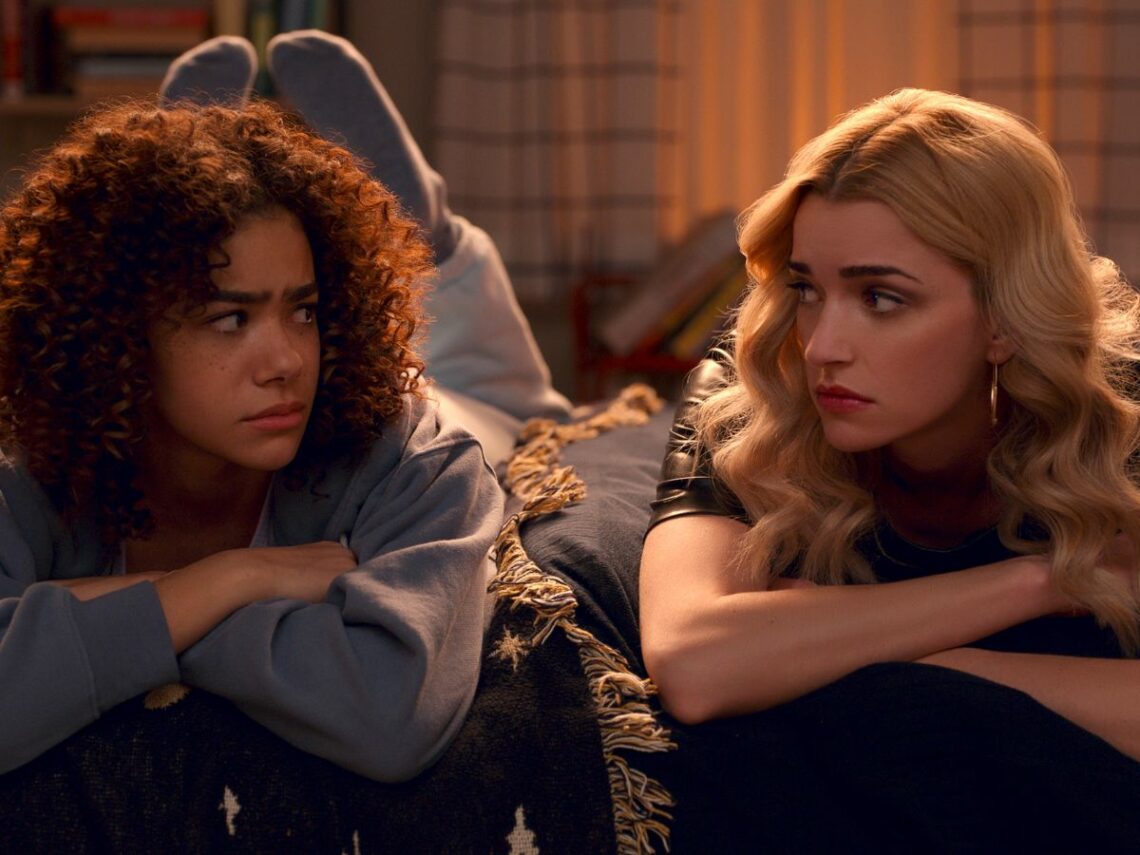
How ‘Ginny & Georgia’ weaponises womanhood as a tool for survival
There has always been a dearth of female characters with substance in both shows and films. In the past, more often than not, the female characters were either tokens for the sake of representation or just served as visual pleasure for the male gaze. Rarely did they serve a purpose greater than that of gratifying the needs of the patriarchy. Nowadays, shows and films have started introducing female characters who not only stand their ground but also have a mature understanding of their identity and surroundings, and Ginny & Georgia serve as a valiant example of this.
Georgia is seen as a force of nature who has gone through enough traumatic incidents in her childhood and adolescence to last her a lifetime. Existing with having faced all kinds of physical, sexual, and emotional abuse, to homelessness and a teenage pregnancy, it is noteworthy that she is never painted as a victim; the character never puts herself in that box.
She is not new to the subtle and crude ways that the patriarchal norms of society attempt to undermine women, especially someone down and out on her luck like her. She does not intend to come out as a hero for or to anybody, beyond saving herself and her family. As she has learnt from her various trials and tribulations, the key to life is survival. Georgia is not driven by a moral compass to a desire to be righteous; her sole aim is to look out for herself and her children.
She is often dismissed as just a pretty blonde and assumed to be dumb and helpless, which she deftly uses to her advantage. She renders her beauty, femininity and sexuality as the strongest weapons in her arsenal as tools of survival, and she uses the misconceptions about her intelligence and assumptions about her vulnerability and emotionality as manipulation tactics. Her beauty lures men in, and her intelligent mindplay makes them stay; all of this is carried out with the polished appearance of a charming woman, just as society demands it.
Her strong resolve motivates her to turn around the perception of womanhood and femininity as a weakness into a strength. She does not shy away from taking charge and control of situations, even if it means carrying on with acts that are morally or legally suspect, all to protect and keep her loved ones safe. She indulges in stealing and forgery to protect their lifestyle, which is already difficult to hold on to, thus keeping her stuck in a vicious cycle, where right and wrong blur in the face of need.
Her vulnerability lies in her belief that if she lets go of the perfect woman act, the world will get to her, but it does not manifest as a fragility. While her womanhood is manifested through traditional roles as the perfect mother and wife, there is no doubt that her love for her children is not just sincere but also pure. The fierceness drives her maternal instincts to blend with her survival instincts.
This weaponisation of her womanhood is not by will but a choice she was compelled to make to survive the brutal world where it is considered a vulnerability, which ultimately shows that existing in this patriarchal society requires sacrifices and the grit to follow through. While her actions push her into an odd state of isolation, where, despite friends and those who care about her, no one really knows the Georgia behind the mask, it is the mask that holds her together and allows her to freely live her truth in other, smaller, safer ways.